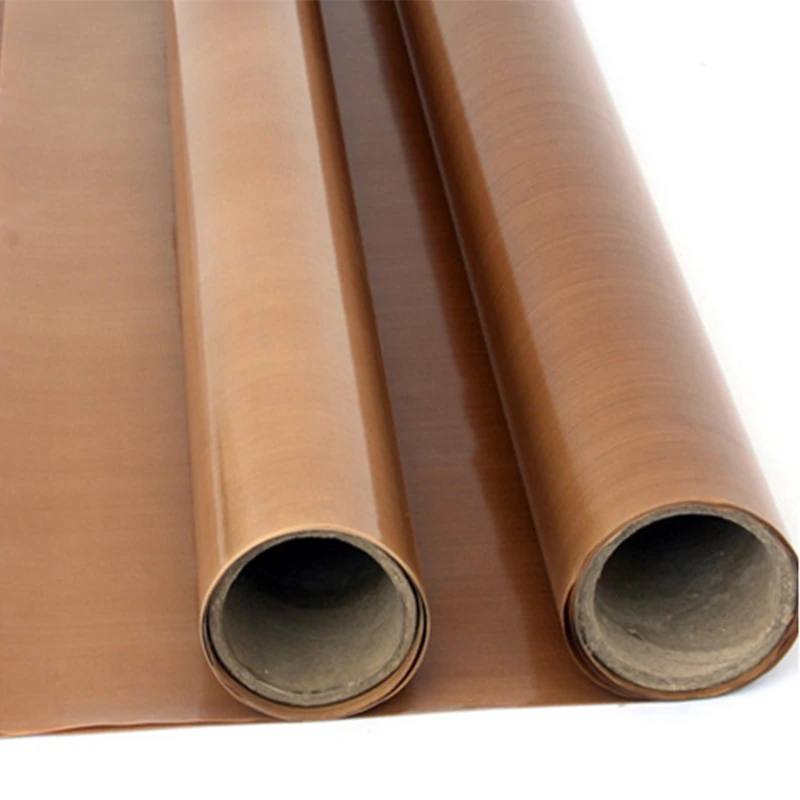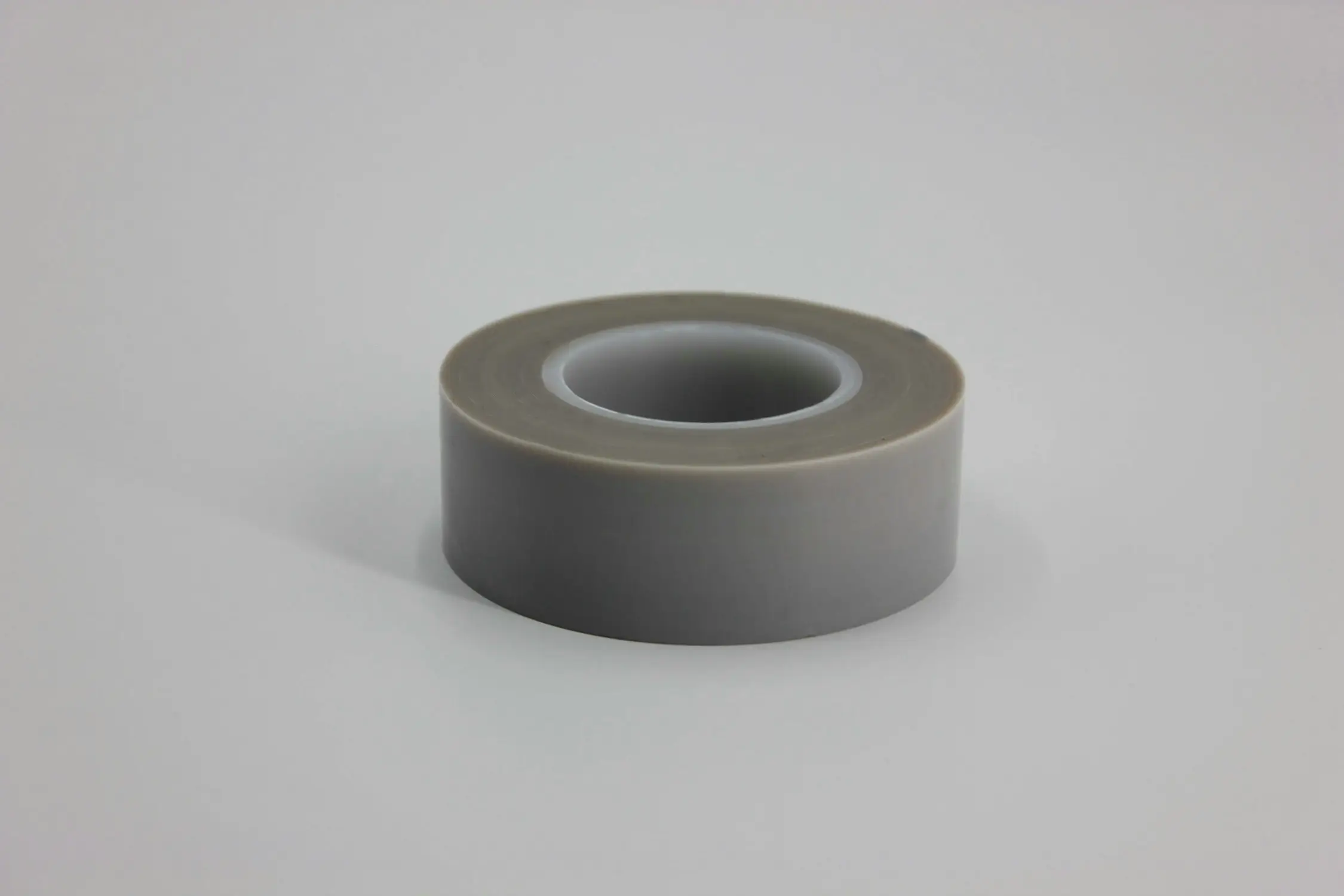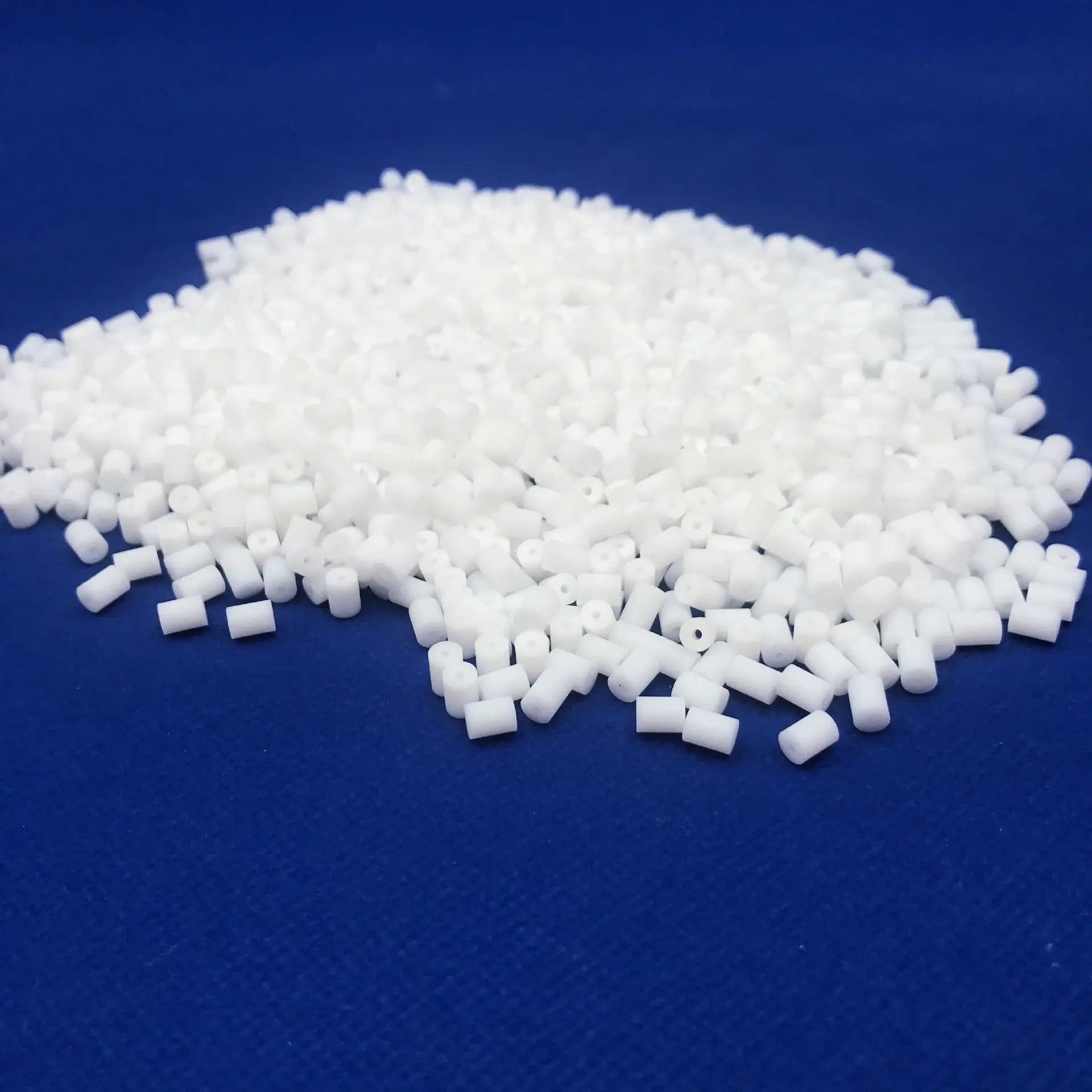In American kitchens, Teflon coated pans shine. Their easy-to-clean magic?Yet, whispers arise: “What about PFOA? And high heat?” Amidst the allure of Teflon products, concerns simmer. With tales of polymer fumes and questions on safety, we find ourselves at a crossroad. Stainless steel and cast iron beckon, but Teflon’s story begs to be told. Let’s dive in.
What Is Teflon?
Teflon is a brand name, originally coined by the Chemours Company, for a range of products based primarily on polytetrafluoroethylene (PTFE). It is widely known for its non-stick properties and has become a household name synonymous with non-stick cookware and a variety of other applications, such as cable insulation, seals, and even clothing.
Ever pulled out that sleek pan that promises a no-stick breakfast? That’s the magic of Teflon. Born from the bond between carbon and fluorine, Teflon products championed the world of nonstick coatings, transforming our kitchens and making cleanup a breeze.
But here’s a plot twist: whispers of ‘PFOA’ or ‘perfluorooctanoic acid’ often float around Teflon conversations. Historically linked to Teflon’s manufacturing process, concerns bubbled up when Teflon coated cookware met high heat, hinting at potential polymer fumes. Thankfully, innovation stepped in. Today, many Teflon products wear the badge of being ‘PFOA-free’, ensuring both your pancakes and peace of mind are in good hands.
So,what is PFOA?PFOA, short for perfluorooctanoic acid, is a synthetic compound once widely used in nonstick cookware and various other products. Persistent in the environment and linked to several health concerns, its use has been largely phased out by manufacturers in recent years due to safety considerations.
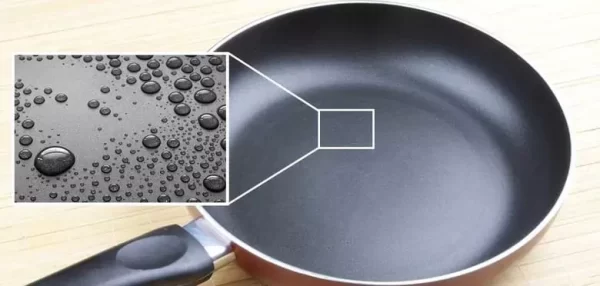
What Is PTFE Coated?
Polytetrafluoroethylene (PTFE) is a synthetic fluoropolymer of tetrafluoroethylene. It is a high-performance plastic known for its non-stick properties, high temperature resistance, and chemical resistance. The PTFE coated can be applied to a wide range of products, from pans to machine components, to give them a smooth, non-reactive, and non-stick surface.
When you glide an egg off your pan with zero fuss, you’re experiencing the wonders of PTFE, commonly known as Teflon coated. This nonstick marvel, born from carbon and fluorine, makes cookware a dream to handle and easy to clean.
But here’s a tidbit: early Teflon products once intertwined with ‘PFOA’, causing a stir when these items met high heat, hinting at potential polymer fumes. Fast forward to today, and many Teflon products boast a ‘PFOA-free’ badge, ensuring that your effortless cooking doesn’t compromise on safety.
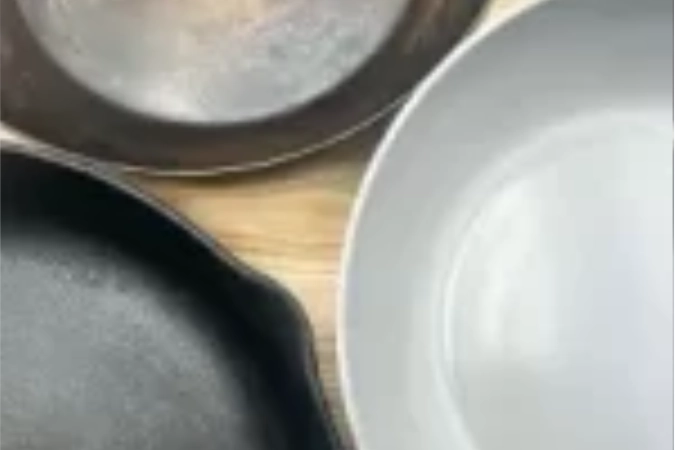
Is PTFE Bad For You?
Pure PTFE is inert, at its core, PTFE, the heart of many Teflon products, remains non-reactive. Its bond of carbon and fluorine ensures it’s largely passive. However, a hitch appears with high heat. At extremely elevated temperatures (typically above 570°F or 300°C), there’s potential for polymer fumes, sometimes causing ‘polymer fume fever’.That said, under normal cooking conditions, PTFE-coated cookware does not reach these temperatures.
Adding a wrinkle to the tale is ‘PFOA’. Once part of the Teflon narrative, it raised eyebrows due to health concerns at high temperatures. The good news? Today’s Teflon products proudly bear a ‘PFOA-free’ stamp.
In a nutshell, like any tool in the kitchen, Teflon cookware, when used right, blends ease with safety.
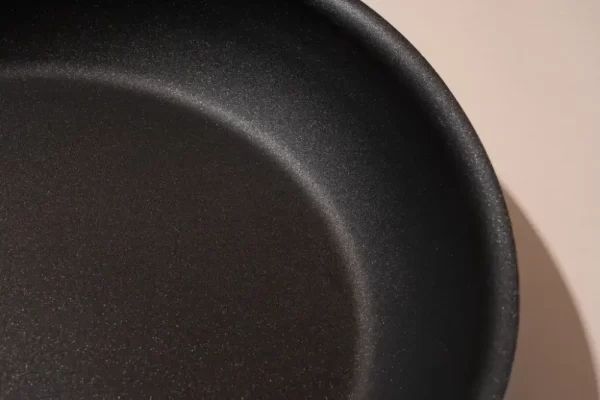
Is Teflon Toxic?
PTFE, with its unique blend of carbon and fluorine, stands out for its chemical inertness. This means, under normal conditions, it’s as passive as the stainless steel pot you might use for soups or the cast iron skillet for your seared steaks. It doesn’t interact, it simply lets food glide.
However, when the narrative shifts to high heat, things get a tad steamy. Pushing nonstick cookware to extreme temperatures, beyond its recommended range, could lead to the release of polymer fumes. Some folks, when exposed, might experience a short-lived discomfort known as ‘polymer fume fever’.
Then there’s the subplot of ‘PFOA’. While once linked to the manufacturing process of some Teflon products, concerns about health effects made industries pivot. Today, the spotlight shines brightly on many Teflon products stamped with ‘PFOA-free’, a testament to continuous evolution.
So, while teflon coated have made our kitchens easy-to-clean havens, they come with a simple mantra: respect their limits. Handled with care, PTFE’s tale is one of utility, not toxicity.
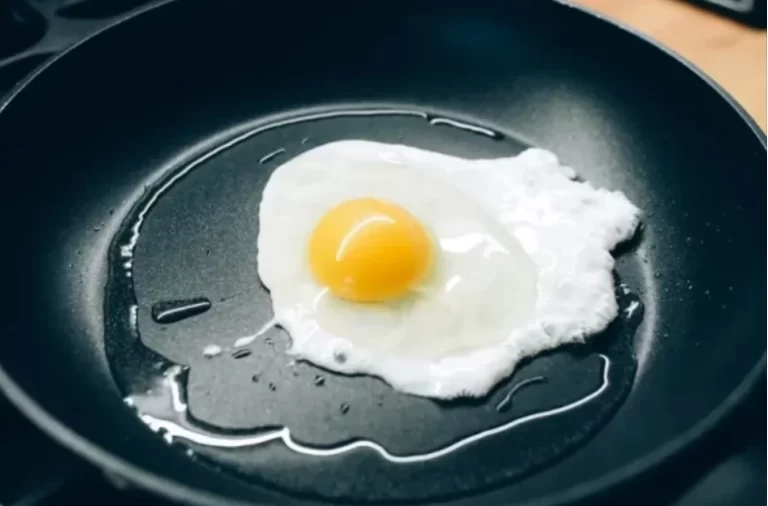
Is Teflon Safe?
PTFE, at its heart, is a fusion of carbon and fluorine. This chemical bond gifts it a natural inertness, making it quite the wallflower. Just like your trusty stainless steel pot or age-old cast iron, it doesn’t mingle; it simply facilitates.
However, like any good performer, Teflon coated has its preferred stage settings. Venture into high temperatures, soaring beyond its comfort zone, and you might encounter polymer fumes. While short-lived, exposure could lead to the rarely experienced ‘polymer fume fever’.
The narrative of ‘PFOA’ once weaved into the PTFE tale, sparking health concerns. But change is the essence of innovation. Today’s market beams with Teflon products proudly flaunting ‘PFOA-free’ badges, signaling a safer manufacturing process.
In the grand performance of culinary arts, with the right care, PTFE in nonstick coatings remains a dependable cast member. It promises easy-to-clean interludes and efficiency, without compromising safety’s spotlight.When used correctly, PTFE-coated products are safe. It’s essential to:
1.Avoid Overheating:Never leave your PTFE-coated cookware on high heat for prolonged periods.
2.Use Gentle Utensils:Avoid metal or sharp objects that can scratch and degrade the coating.
3.Purchase from Reputable Manufacturers:Ensure the product is certified PFOA-free and adheres to safety and quality standards.


